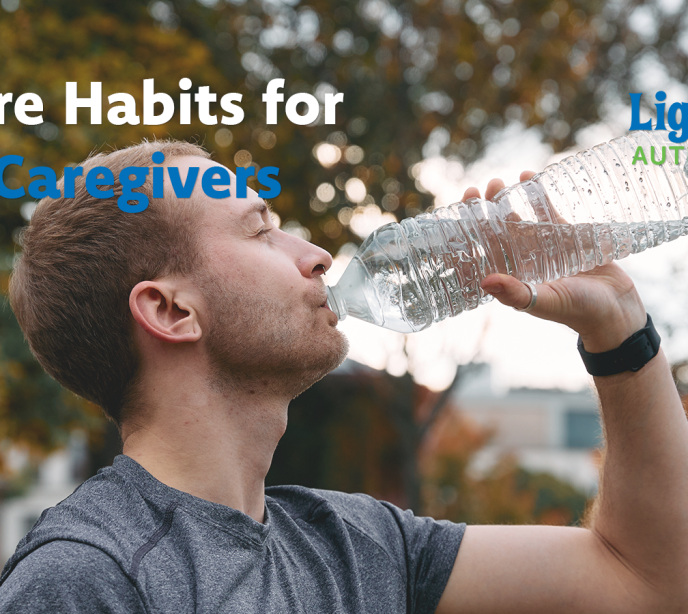Robots and Children with Autism
Written by our Family Outreach Coordinator, Lisa DelPrete
I recently read an article from the BBC news entitled “Robots in the classroom help autistic children learn” and I have to say that I do not totally agree with the entire article and this is why. In the summer of 2010, our entire family experienced how the use of a robot could help our then 10 year old son, Mateo, who was diagnosed with Autism at the age of 4 ½. Mateo spent about two days a week throughout that summer working with a robot through the University of Notre Dame’s FUN Lab.
The robot was programmed with facial expressions and gestures that Mateo was familiar with, and with games that he would be interested in. For Mateo it was a lot of imitation and voice recognition. When he heard the robot talking to him, using his name and looking at him, he thought it was absolutely hilarious! Mateo found its movements inviting, and when the robot actually used his name and talked to him, Mateo wanted to respond back and socialize. Our family then was fortunate enough to then be featured in the University of Notre Dame’s “Fighting For” commercial aired in September 2010. For a complete view, please go to YouTube and type “Notre Dame Autism Commercial”, and it is titled “Fighting For Breakthroughs in the Treatment of Autism.”.
Mateo had always had trouble socializing, but not for the reason that was explained in this BBC article. The article states that “autistic children find robots less threatening than people as they are more predictable. It also says the “robots have not emotion, so children with autism find them easier to engage with”. A signature characteristic for all children with autism is difficulty communicating. They have the desire to be social but comprehension is a barrier. They don’t always understand social conventions or norms. The use of the robot becomes more inviting for the child and thus its easier for them to understand how to imitate and learn through the robot, not to mention fun!
Helping children with autism breakthrough those barriers and communicate more effectively is the focus of Dr. Joshua Diehl’s current research projects and therapies at the University of Notre Dame. For most people, there are gestures, facial expressions, words and voice infliction in a simple conversation that come naturally. Children with autism can accomplish these behaviors individually, but putting them together is difficult. We need to teach them those intuitive behaviors and that is why the robot is so helpful.
For more information, please view the University of Notre Dame’s Fun Lab website.
Together, we can unlock your child’s potential
Related News

01/15/2026
10 Simple Self-Care Habits for Autism Caregivers
Caring for a child with autism is rewarding, but can also be demanding in ways that aren’t always visible. Between daily routines, therapy schedules, advocacy, and emotional labor, many caregivers find themselves running on empty, even as they continue to show up for their child every day. Earlier this year, we explored this reality in our blog post, The Power of Pause: Why Caregiver Self-Care […]

01/05/2026
The Power of Pause: Why Caregiver Self-Care Matters
As a new year begins, many families naturally reflect on what they hope the months ahead will bring—more peace, more balance, more support. At Lighthouse Autism Center, we’ll be taking a deeper look at the importance of self-care throughout the month of January, offering resources and encouragement to help caregivers start the year feeling supported and grounded. But […]

11/18/2025
Tips for Picky Eaters and Introducing New Foods
Autistic children are often labeled as picky eaters, but the truth is that they face a unique set of challenges that can make mealtimes extremely stressful. Discover helpful tips on introducing new foods into your child’s diet to make mealtimes more nutritional and enjoyable for everyone at the table. Autism and Food: Tips for Introducing […]


